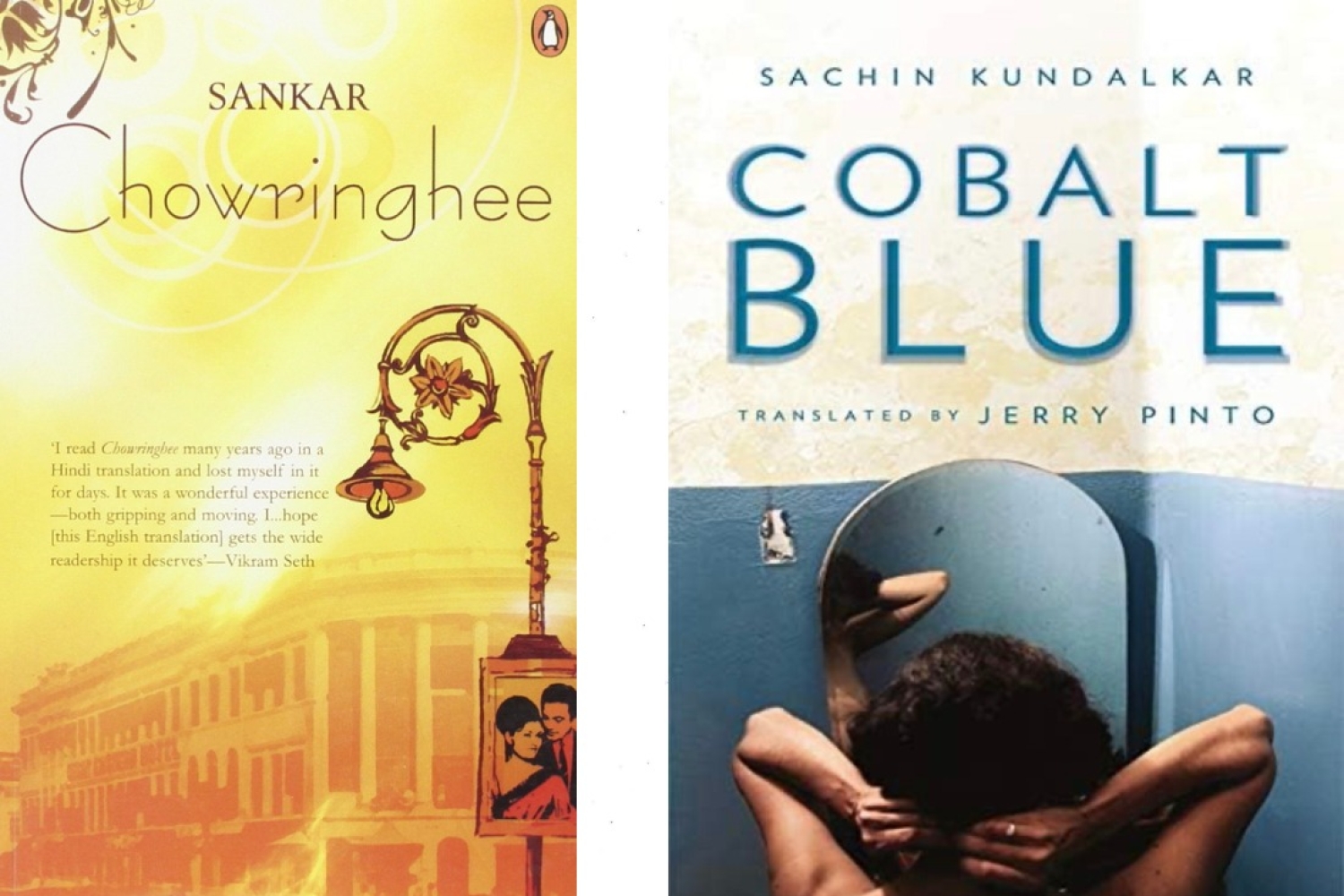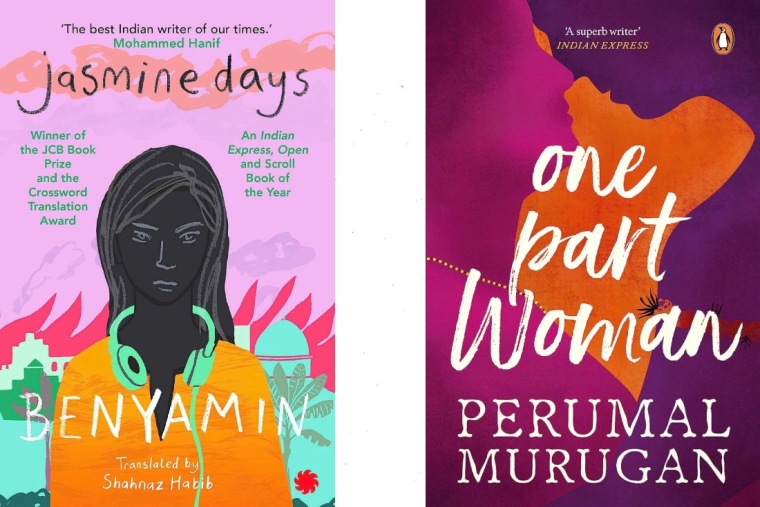

Translated novels have been taking over the anglophone sphere by a whirlwind. In a world dominated by English literature, translation allows space for the rhythms and patterns of a sentence to be converted into English, while still embodying the essence of its original language. Indian translations and translators spotlight the importance of regional literature in India, and so we hope this reading list helps you explore new horizons of identity, culture and language.
Tomb of Sand, written by Geetanjali Shree in Hindi, translated by Daisy Rockwell
Written using clever wordplay and non-linear narrative, this novel captures the ruptures caused during Partition by breaking certain boundaries of its own. The story revolves around a grieving eight-year-old, whose unconventional agency over her own life after her husband passes away is a boundary broken by itself. Like this, the novel is obsessed with transcending boundaries — in terms of gender, age and countries. Staying truly faithful to its original, the English translation wonderfully unloads lyrical quips, multi-layered prose and magical realism. It won the International Booker Prize in 2022.
Cobalt Blue, written by Sachin Kundalkar in Marathi, translated by Jerry Pinto
Set in tranquil Pune, Cobalt Blue is a literary gem. It represents the soul of the quintessential Indian family where nothing is what it seems to be. Tanay and Anuja are two enigmatic siblings, who fall in love with the same man, and the story traces their heartache, jitters and longing. The narration is sparse yet haunting, expressing the intricacies of homosexual intimacy from Tanay’s perspective, and nonconformity to gender roles from Anuja’s perspective. At its crux, this novel is about love, each of a different nature — familial, queer, and unrequited.
Jasmine Days, written by Benyamin in Malayalam, translated by Shahnaz Habib
Winner of the JCB Prize for Literature in 2018, this book follows a young girl, Sameera Parvin, who migrates to an unnamed city in the Middle East to live with her huge, extended family. The ill-fated Arab Spring is the backdrop of the characters’ lives. The book thus carefully crafts a narrative around the intersection between the personal and the political. Information on civil conflicts, religious divisions and ethnic minorities are presented simultaneously with the plot, without coming across as complicated and excessive. Sameera is the focus of the story, and the fragility of the everyday in an area of conflict comes across sharply, as we observe her interactions and relationships.
Chowringhee, written by Sankar in Bengali, translated by Arunava Sinha
Chowringhee is a chronicle set in post-Independence Calcutta. It exists as a gentle look at life within a popular hotel, Shahjahan — the thread-bare ordinalities of the lives of managers, employees and guests encompass dissatisfied yearnings, daily misadventures and dramatic manipulation. Akin to an ode to Calcutta, the novel was written as an archive to catalogue the way the city’s culture seeps into its inhabitants’ lives. Both Sekar and Sinha’s writing successfully exude charm and wit while continuously yet elegantly switching timelines, characters and emotions. The story, due to its evocative nature, has also been adapted into a film and a play, allowing scope for the iconic characters of the novel to be explored in creative ways.

The Paradise of Food, written by Khalid Jawer in Urdu, translated by Baran Farooqi
Staying true to the theme of food, this novel brings you bewilderment, disgust and surprise on a platter, along with other delicacies. The protagonist is shadowy, and tackles familial burdens within the walls of his disintegrating filial home. Jawer draws parallels between the emotions associated with food, like starvation, gratification, and gluttony, with human existence itself, to tell a larger story of discomforts and disquiets. A master of metaphors, he deploys the kitchen as a space of savagery which is closely inspected and its dangers revealed. The book won the JCB Prize for Literature in 2022.
One Part Woman, written by Perumal Murugan in Tamil, translated by Aniruddhan Vasudevan
One Part Woman is a brilliantly written, carefully constructed story of a couple unable to conceive a child, despite numerous attempts disguised as superstitious rituals, sacrifices to god, and consultation of astrologers. The couple is ostracised as a result of their childlessness. While the tone of narration is empathetic, the fictional environment of the couple is harsh and psychologically overwhelming. The cruelty of caste and societal norms regarding purity and sex contribute to the urgency of this novel, which seeks to underline the importance of happiness over succumbing to convention.
Words Neeraja Srinivasan
Date 21-06-2023